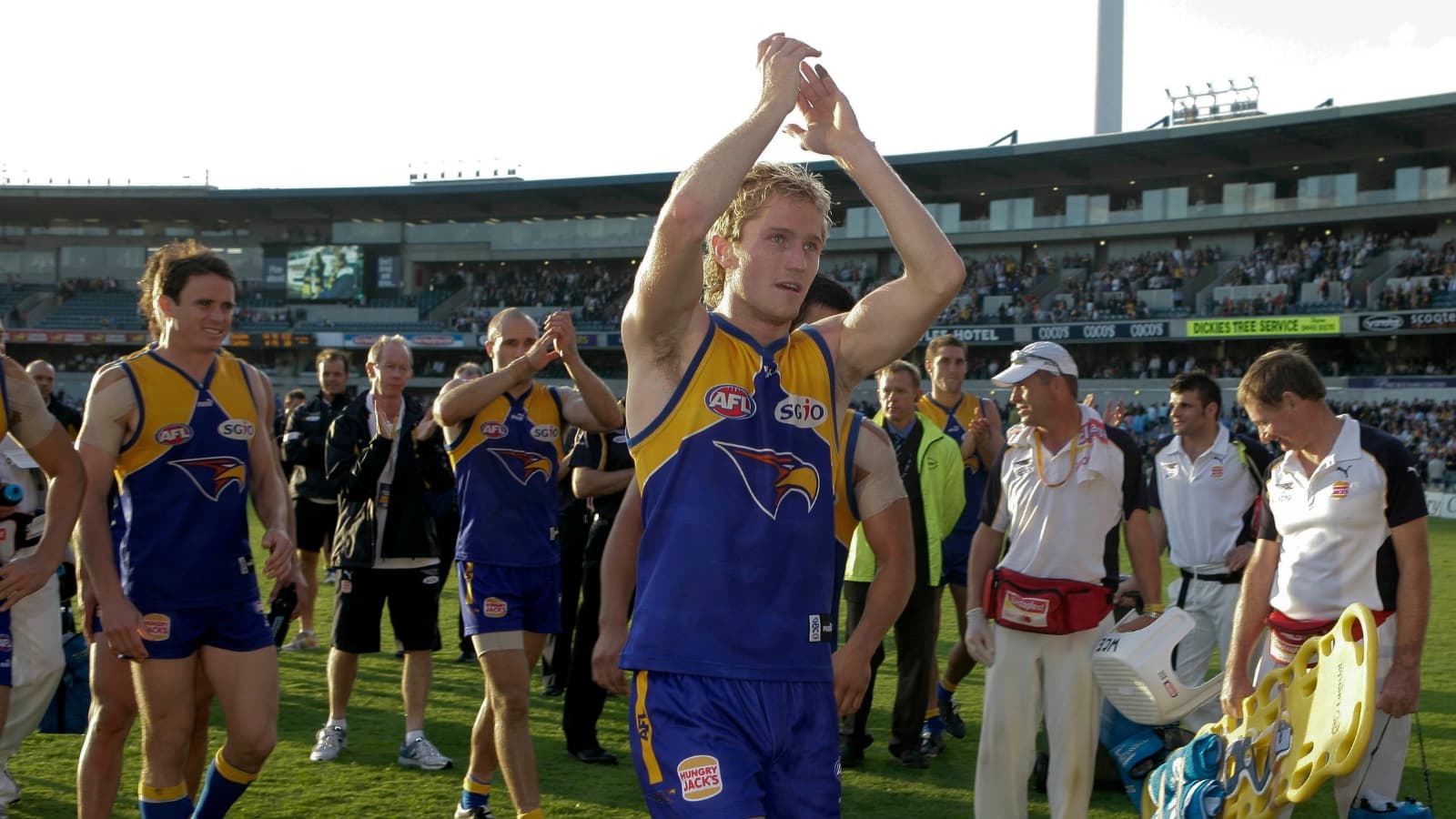📻 How to tune into Sport Nation
Healy: What sport must learn from Selwood tragedies
Ian Healy • May 20th, 2025 5:26 pm

I'm fiercely swinging today.
Mental ill health cricket broadcaster, writer and historian David Frith, well known to me, updated me in the early 90s of his latest book, called By His Own Hand, a study of 80 cricket suicides to try to assess the extent the game may have contributed to them.
I said, surely not, he said, ‘oh, there's more than that’ and that's when my eyes opened, in the early 90s.
No way could I have read the book, but plenty in sport admin probably should be now,
80 plus in cricket, there's many more as well.
80 plus in cricket, there's many more as well.
Cricket has issues, AFL has the family tragedy of the century. Young men in rugby league created incredible heartache about 10 years ago if you remember those young men in trying to make it in rugby league.
This is widespread in the protected world of pro sport, so it must be concerning in society's levels. Living out your dream of playing and representing in your favourite sport and quite suddenly it's all over, it certainly has its effects.
Adam Selwood's personal descriptors over the weekend were “spirit, kindness, joy and determination”. Now that should have made him the high achiever which he was on the field, a man who rarely felt bad about anything, that may have been his reality too, but in some terrible moments, things can turn bad fast.
We all hate this.
What about our world champion swimmers who openly express their pre-race stress and expose an unhealthy fear of failure. Their lives can be misery because of coming second in the world.
Wayne Schwass is a North Melbourne and Swans legend, and he's made this his work for 20 years. He says it can't just be about crisis support; it must be more preventative.
Education (about) the feelings that might come to you and some tools to manage such feelings if you don't think they're correct. What others can look for and a toolkit for them when you're in the in the presence of someone who battles away.
Multicultural rounds have worked well with racial vilification. Wayne believes sport can provide a great work in challenging attitudes, perceptions and stigma associated with mental ill health.
So, a full round for mental health to learn, to look out for your own feelings, with some knowledge, confidence and tools to manage them better than we do today, it must happen.
IF YOU NEED TO TALK
Lifeline (24-hour crisis line): 131 114
Beyond Blue: 1300 22 4636 or beyondblue.org.au
Kids helpline: 1800 55 1800 or kidshelpline.com.au
Headspace: 1800 650 890 or headspace.org.au

